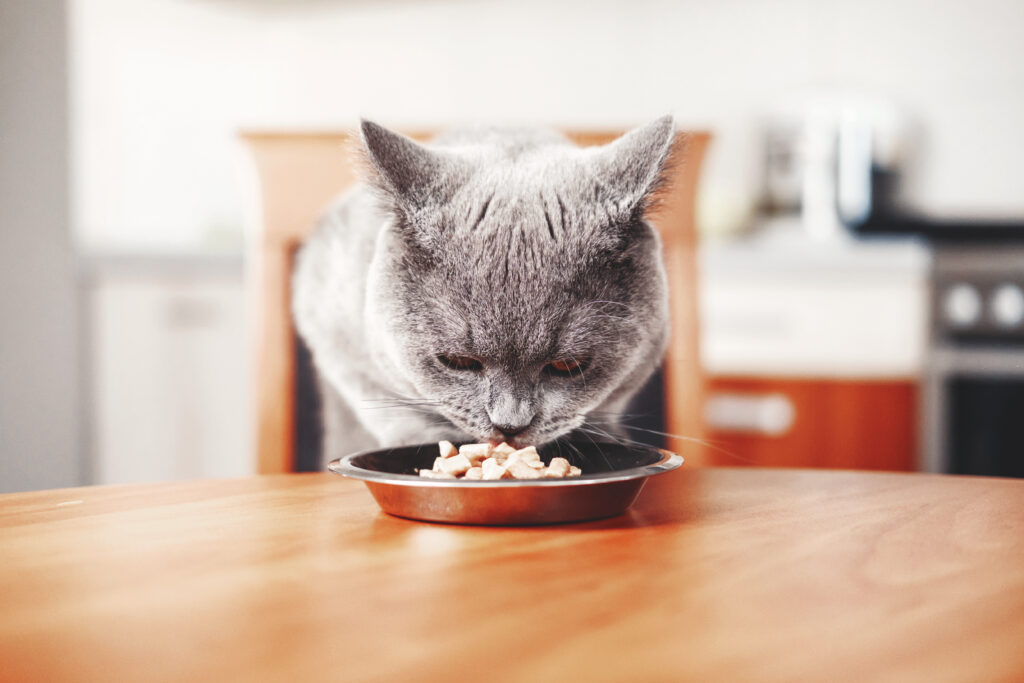Monday - Friday: 9:00 - 19:00
As a neutered and sedentary cat or dog owner, it is essential to understand their nutritional needs. Food is an energy source that the body can use or store for later use. It is crucial to balance their food intake with their energy expenditure to maintain a stable weight. Overfeeding can lead to an increase in fat mass, causing discomfort and increasing the risk of diseases.
Energy is essential for the body's maintenance, including cell renewal, respiration, temperature regulation, and movement. For kittens and puppies, energy is also essential for growth. Growing kittens and puppies require additional energy, while female cats and dogs in gestation and lactation need even more energy to support their offspring.
The energy needs of your pet depend on several factors, including age, activity level, sexual status, living environment, and breed. Some breeds are more prone to weight gain than others. Calculating a personalised diet during a specialised nutrition consultation, whether your pet is healthy or sick, is possible.

Neutering involves removing or inhibiting sex hormones through permanent surgery or temporary implantation. This results in the animal being unable to reproduce and may also lead to decreased specific behavioural manifestations. However, it's important to note that sterilisation can lead to a 20-30% decrease in the animal's basal energy metabolism. Therefore, monitoring their calorie intake and energy expenditure is essential to prevent an increase in fat mass. This applies to animals of all ages but may have age-specific consequences.
A sedentary lifestyle can lead to decreased energy expenditure in pets and humans. If caloric intake remains the same, this increases the risk of unhealthy weight gain. This is true even when reduced activity is prescribed or involuntary, such as bone fractures or osteoarthritis. In these cases, preventing weight gain that could hinder or slow rehabilitation is essential.
Reducing the amount of food quantity is not the solution, as it may lead to nutritional deficiencies and begging. Instead, modifying the food(s) or adjusting the homemade diet according to individual eating habits and preferences is essential. This will help lower calorie intake while maintaining adequate nutrition, satiety, and overall well-being.
adult, balanced diet, cat, dog, food, individualized, individualized nutrition, individualized nutrition, Nutrition, ration, sedentary, specialist, sterilized, Veterinary
Our team is dedicated to providing you and your pets with the best care possible. Our modern facilities include a laboratory, ultrasound, surgical block with monitoring and gas anaesthesia, and day hospitalisation area.
Our staff values transparency, information, and compassionate care at Madeleine Vet. If you have any questions or need more information, please don't hesitate to ask.

©2023 Madeleine Vet, All rights reserved. Site created with love by Boca